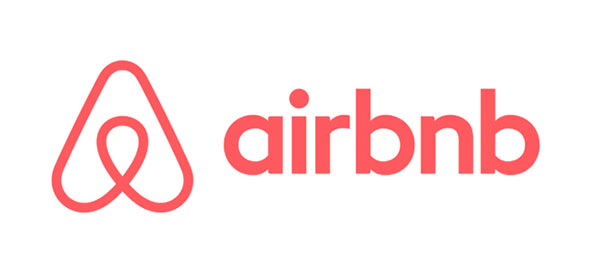Millennials seeking lodging for vacations often use Airbnb to book overnight accommodations because it is considered cheaper and easier.
These days it’s just as easy, if not easier, to book a room at a luxury resort or Airbnb as it is to book a rustic home-style bed and breakfast. As resorts are being built in neighboring towns and Airbnbs are popping up, literally in people’s backyards, the bed and breakfast community is seeing a change. Homeowners with spare rooms are converting the space for travelers and while this might be good for travelers, it can hurt local inns and lodges and also remove housing stock from the market for individuals and families in the area looking to rent long term.
In the Mad River Valley alone, there are roughly 24 inns and bed-and-breakfasts that are members of the Mad River Valley Chamber of Commerce. There are others that are not members. According to Peter Schottenfels of Airbnb.com, in 2017 there were some 218 Airbnb hosts in The Valley and Waterbury.
Some bed-and-breakfast owners in the area have jumped on board with the Airbnb listings, putting rooms on the site to fill them when there’s a vacancy. Other inn owners oppose Airbnb because Airbnb hosts do not have to go through annual licensing fees and other examinations that registered inns do.
“Airbnbs definitely take away customers. Properties are able to charge less because the owners are not required to pay for licenses, inspections, regulations and taxes as licensed facilities,” commented Waitsfield Inn owner Vickie Walluck.
As of 2017, Airbnb hosts are now paying rooms and meals taxes.
“It (Airbnbs) affects us tremendously as two are now on our street,” said Mike Anastos, owner of the Yellow Farmhouse Inn on Old County Road in Waitsfield.
“We charge a commercial rate because we’re a business. They should be taxed if they’re (Airbnb homeowners) going to be open as a business,” Anastos added.
Conversely, some local inns owners are using Airbnb, posting unoccupied rooms on the site when they have a vacancy.
“We use it for last-minute bookings that need a place. We also recommend Airbnb lodgings if all other local traditional properties are booked up,” said Kim Donahue, owner of the Inn at Round Barn Farm in Waitsfield. Asked if she thought the recent surge of Airbnb listings in The Valley has affected her business, she commented, “They have made an impact and we see a slight decline but not significantly.”
Like the Wallucks at the Waitsfield Inn, Donahue can see the disadvantage that inns have with the additional regulations compared to Airbnbs.
“We have housekeeping standards, water system operators, daily maintenance and staff,” she said. With the Inn at Round Barn Farm, which holds 12 rooms for lodging, Donahue has adopted an “If you can’t beat ’em, join ’em” mentality.
“If I have availability I put it on the (Airbnb) site at regular price,” said Donahue. “All customers who came to us from Airbnb wouldn’t come by us naturally.”
Anastos and his wife, Sandra Anastos, don’t use Airbnb. They have owned the inn for 14 years and see many repeat customers but in recent years have seen a slight shift.
Asked their opinion on upholding regulations, Anastos said, “It’s important for us to know that everyone is safe here; it’s a peace of mind. The biggest difference for us is the fact we are licensed. We’re full sprinkler; we do all the cooking, cleaning, laundry and landscaping. It’s our livelihood and life. We take pride in that.”
This is the first of a series of Valley Reporter articles exploring the intersection of Airbnb and a resort community with multiple lodging opportunities.
Read Part 2 here







